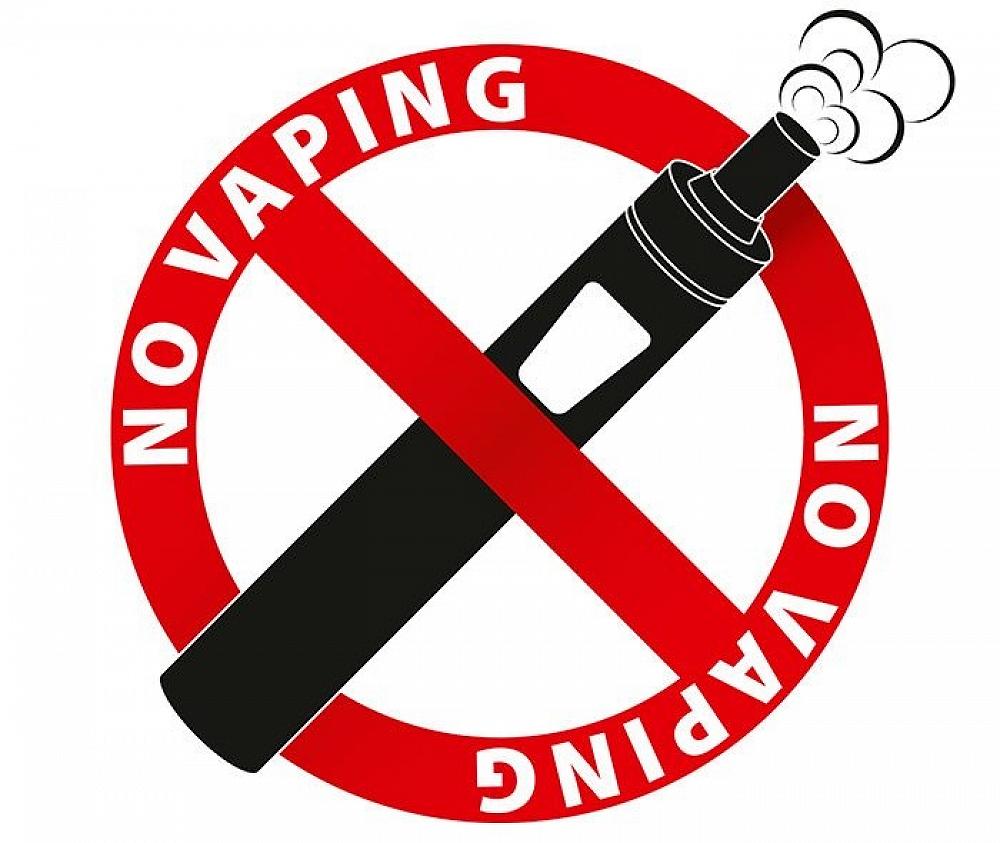
Vaping is Bad
We are noticing an increase in tamariki at Te Pā thinking vaping is ok, because it's not really "smoking" and the flavours are sweet like lollies. Whānau we need your help educating our kids about yet another harmful, potentially lethal habit. To be clear vaping is not allowed at Te Pā.
Vaping has had a huge increase amongst high school students and even younger students who have never smoked So why is vaping so popular?
1/ Many of our tamariki believe that vaping is harmless-
While there are certainly less chemicals in e-cigarettes. It is unsure what chemicals they contain and what the long term effects of vaping are. In the US there has been an outbreak of lung disease and death associated with vaping. Recently in the news a 16 year old who had been vaping for 6 months had permanent lung damage ( lungs of an 80 year old) .
Chemicals = bad
2/ Vaping companies target children with sponsored online promotion of vaping and producing flavours like watermelon and cotton candy
- Currently there are no mandatory product safety requirements specifically for vaping products in New Zealand
4/ Vaping is cheaper than Tobacco.
Large tobacco companies have invested heavily in e- cigarettes as regulations against tobacco grow and the tobacco market shrinks ( and we all know how tobacco companies are concerned about people's health? And have you noticed how many vape shops have popped up in your area?)
Tobacco companies = bad
5/ The NZ Ministry of Health promotes e-cigarettes as a way to stop smoking.
In a US study a high percentage of people who use e-cigarettes to kick the nicotine habit ended up continuing to smoke both traditional and e-cigarettes and increased the risk of disease.
Nicotine= bad
If you have used e-cigarettes to quit smoking, well done
But...
Children, young people and non-smokers should not vape (use e-cigarettes)
- people who do not smoke should not vape
- vaping products are not risk-free
- the long-term health effects of vaping are unknown
- vaping products contain nicotine which is highly addictive.
Referenced from articles by NZ ministry of health
John Hopkins University
